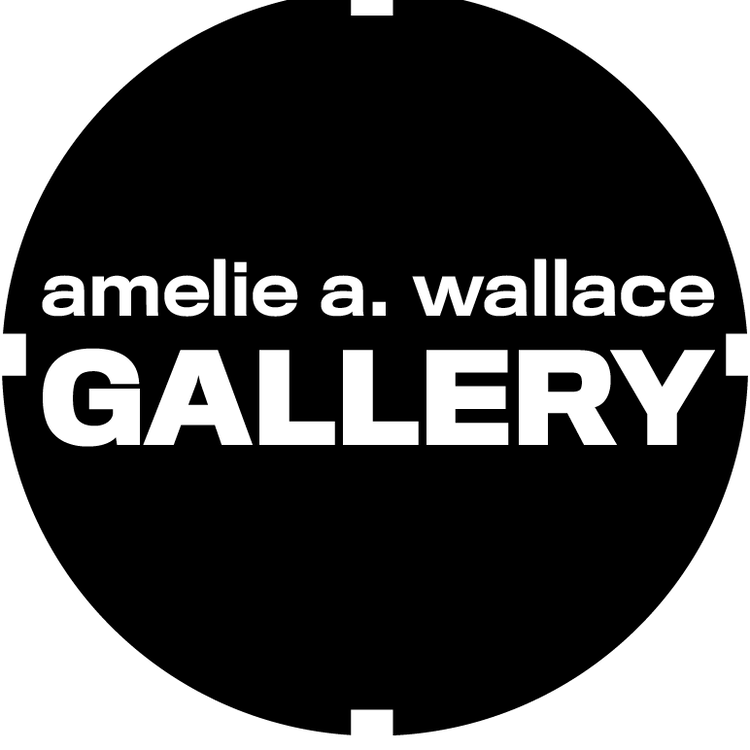1960s
Abbey Lincoln and Max Roach - Triptych: Prayer/ Protest/ Peace (1960)
The name of this nine-minute song perfectly describes the artists’ involvement in the Civil Rights Movement. The album cover art of Roach’s We Insist! Freedom Now Suite (of which this song is part) caused much outrage as it displayed a white man serving three Black men in a diner. “Triptych: Prayer/ Protest/ Peace” is still revered as one of the “defining artistic statements of the Civil Rights Movement”.
John Coltrane – Alabama (1963)
John Coltrane was one of the most influential jazz musicians. “Alabama” references the 16th Street Baptist Church bombing perpetrated by the Ku Klux Klan in Birmingham, Alabama that killed four Black children.
Nina Simone – Mississippi Goddam (1964)
“Mississippi Goddam” was declared by Nina Simone to be her first “civil rights song,” as it speaks out about hate crimes in the South in the , including the 16th Street Baptist Church bombing and the murder of civil rights activist Medgar Evers. Simone sings about how slow but effective strides towards freedom and equality still leaves opportunity for more tragedies to occur. The song was not received well in the South, where it was banned in several states.
Sam Cooke – A Change Is Gonna Come (1964)
The 1960s saw an abundance of music charged by the desire for social revolution, and Sam Cooke’s “A Change Is Gonna Come” is one of the most recognizable examples. Inspired by Bob Dylan’s Blowin’ In The Wind, Cooke wrote this song to address the systemic injustices the Civil Rights Movement had been combating. The song rose in the charts and was widely embraced as a radio hit, while activists were still being brutalized in the streets.
The Staples Singers – Why Am I Treated So Bad? (1965)
Though the song was ostensibly about a relationship gone sour, “Why Am I Treated So Bad?” was one of Martin Luther King Jr.’s favorites— he requested that The Staples Singers perform it whenever he attended one of their concerts. The revered musical group had many encounters with racists, especially while touring, which surely energized their performances.
Dizzy Gillespie – Swing Low, Sweet Cadillac (1967)
Dizzy Gillespie made a name for himself creating avant-garde jazz. His dissonance felt abrasive to many listeners accustomed to easy listening, as Gillispie’s methodology was eccentric and progressive, but his ebullient on-stage persona charmed audience members. Gillespie, like Louis Armstrong and David Brubeck, traveled around the world on as one of the Jazz Ambassadors, in an effort to obscure systemic racism in the US.
The Equals – Police On My Back (1967)
Though The Equals had a flourishing career with their hit “Baby Come Back,” “Police On My Back” was a frank anthem addressing the police harassment of Black people in the United Kingdom, where the band hails from. The song had some success in other countries, but was overshadowed by their big hit. The UK punk band The Clash covered the song on their album Sandinista.
James Brown – Say It Loud—I’m Black and I’m Proud (1968)
Well into Brown’s career, “Say It Loud—I’m Black and I’m Proud” was the title track on his twenty-third studio album. Brown wrote the song as a reclamation of all things to do with being Black. It inspired an entire generation of Blacks to celebrate their identity and their community.
